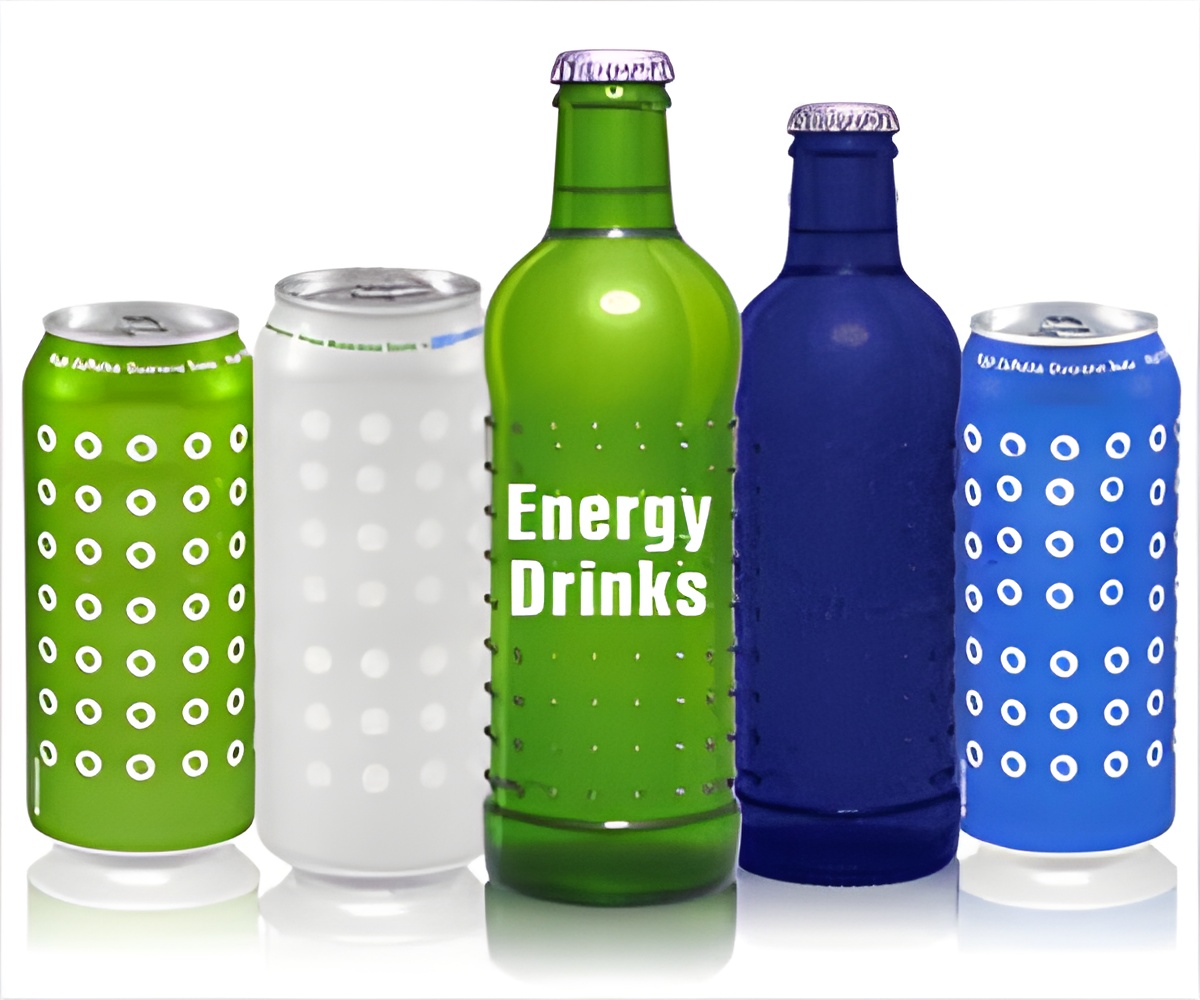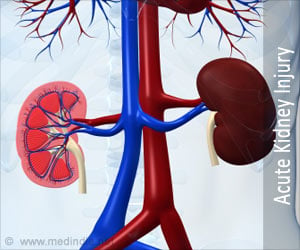The study warns of potential dangers as energy drink consumption linked to cardiac events in genetic heart disease patients.

Sudden cardiac arrest occurring in temporal proximity to consumption of energy drinks
Go to source). The principal investigator of the study, Dr. Michael J. Ackerman, a Genetic Cardiologist at Mayo Clinic and the Director of the Mayo Clinic Windland Smith Rice Sudden Death Genomics Laboratory in Rochester, MN, commented, "The energy drink market in the United States has been growing consistently over the past few years, raising concerns about the potential combined effects of caffeine consumption and additional unregulated ingredients in these beverages. Energy drinks are not regulated by the US Food and Drug Administration (FDA), so researching the effects that these drinks have on our patients is of utmost importance."
TOP INSIGHT
Energy drinks may trigger life-threatening arrhythmias in genetic heart patients. #HeartHealth #EnergyDrinksRisk
Ehud Chorin, MD, PhD, Tel Aviv Sourasky Medical Center and Sackler School of Medicine, Tel Aviv University, co-author of the accompanying editorial commentary "Arrhythmogenic Foods – An Underestimated Medical Problem?" says, "Establishing a probable cause of an arrhythmia includes inquiring about a potential exposure to toxins or medications. An increasing number of substances in the standard diet are found to have unwanted cardiac effects, prompting the consideration of a novel subcategory in a patient’s clinical history intake: arrhythmogenic foods. Energy drinks fall in this category. The findings reported in this study should be viewed in the context of the large body of evidence suggesting arrhythmogenic effects of certain foods, especially when consumed in large quantities or large concentration by high-risk patients."
In addition to examining the consumption of energy drinks among the cohort of sudden cardiac arrest survivors, the researchers also looked closely at the type of cardiac event as well as the conditions surrounding the event, such as exercise and other stressors known to be associated with genetic heart disease-associated cardiac arrhythmias.
Dr. Ackerman explains, "While there seemed to be a temporal relationship between energy drink consumption and the seven patients' sudden cardiac arrest event, a myriad of potential 'agitators' that could have also contributed to a genetic heart disease-associated arrhythmia occurred, like sleep deprivation, dehydration, dieting or extreme fasting, concomitant use of QT-prolonging drugs, or the postpartum period. As such, unusual consumption of energy drinks most likely combined with other variables to create a 'perfect storm' of risk factors, leading to sudden cardiac arrest in these patients."
Peter J. Schwartz, MD, FHRS, Istituto Auxologico Italiano IRCCS, Center for Cardiac Arrhythmias of Genetic Origin and Laboratory of Cardiovascular Genetics, Milan, co-author of the accompanying editorial commentary "Energy Drinks and Sudden Death: If it Swims Like a Duck …", says, "Critics might say of these findings, ’it’s just an association by chance.’ We, as well as the Mayo Clinic group, are perfectly aware that there is no clear and definitive evidence that energy drinks indeed cause life-threatening arrhythmias and that more data are necessary, but we would be remiss if we were not sounding the alarm. At one point, clinical experience, solid understanding of pathophysiology, and common sense should join and speak up."
Reference:
- Sudden cardiac arrest occurring in temporal proximity to consumption of energy drinks - (https://www.heartrhythmjournal.com/article/S1547-5271(24)00189-9/fulltext)
Source-Eurekalert
 MEDINDIA
MEDINDIA




 Email
Email










